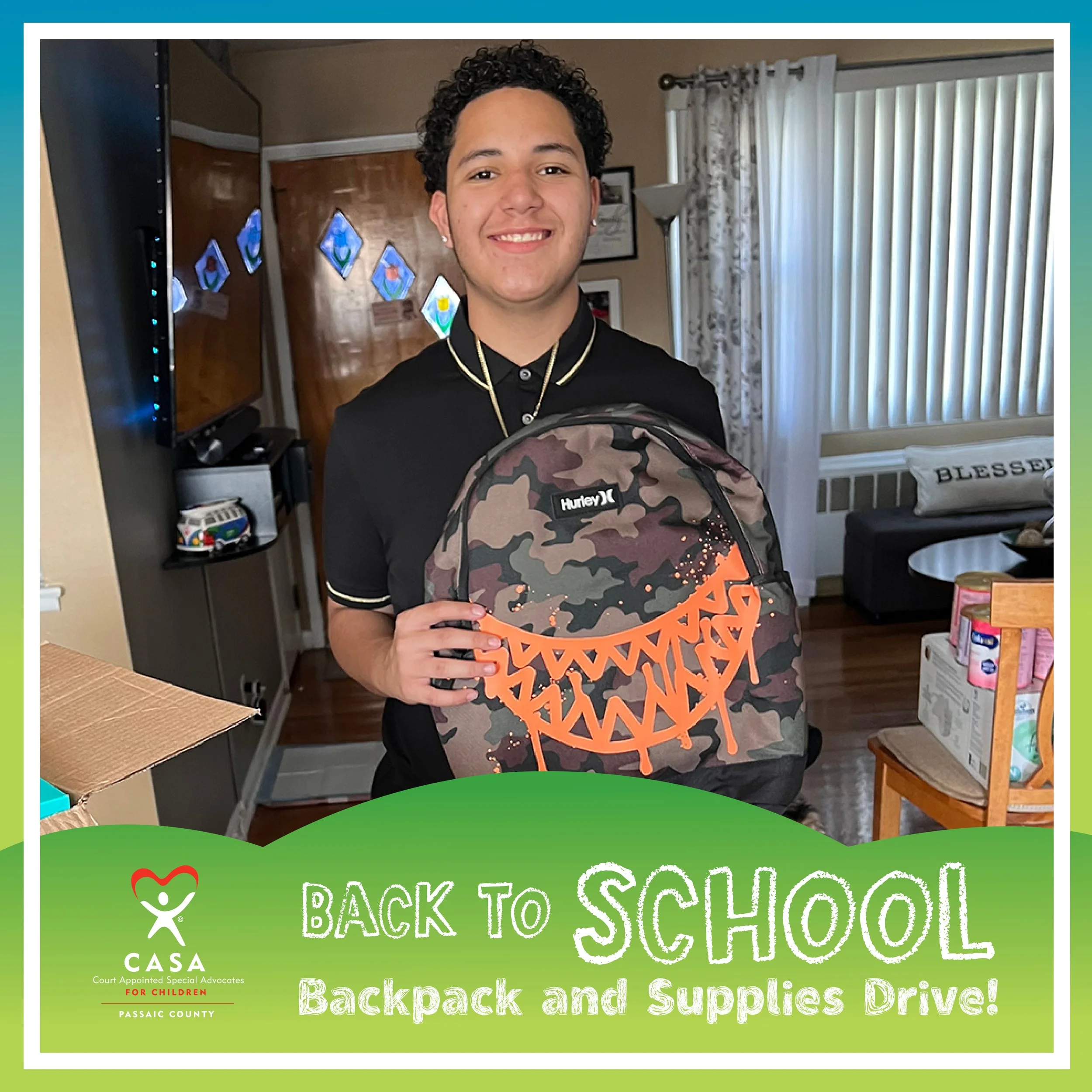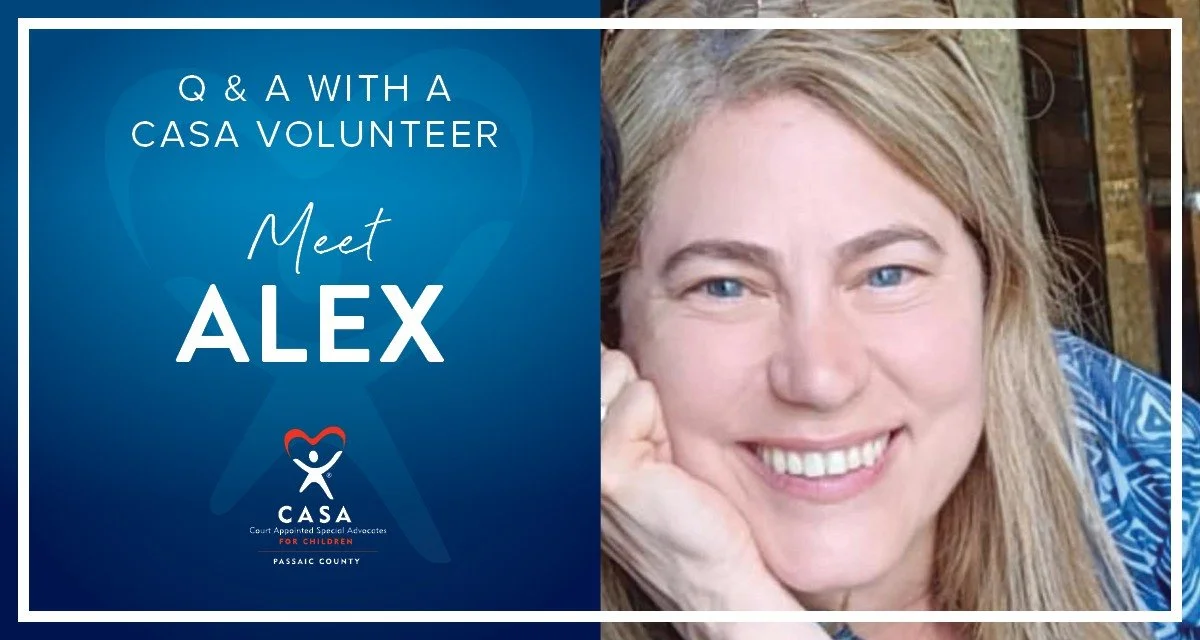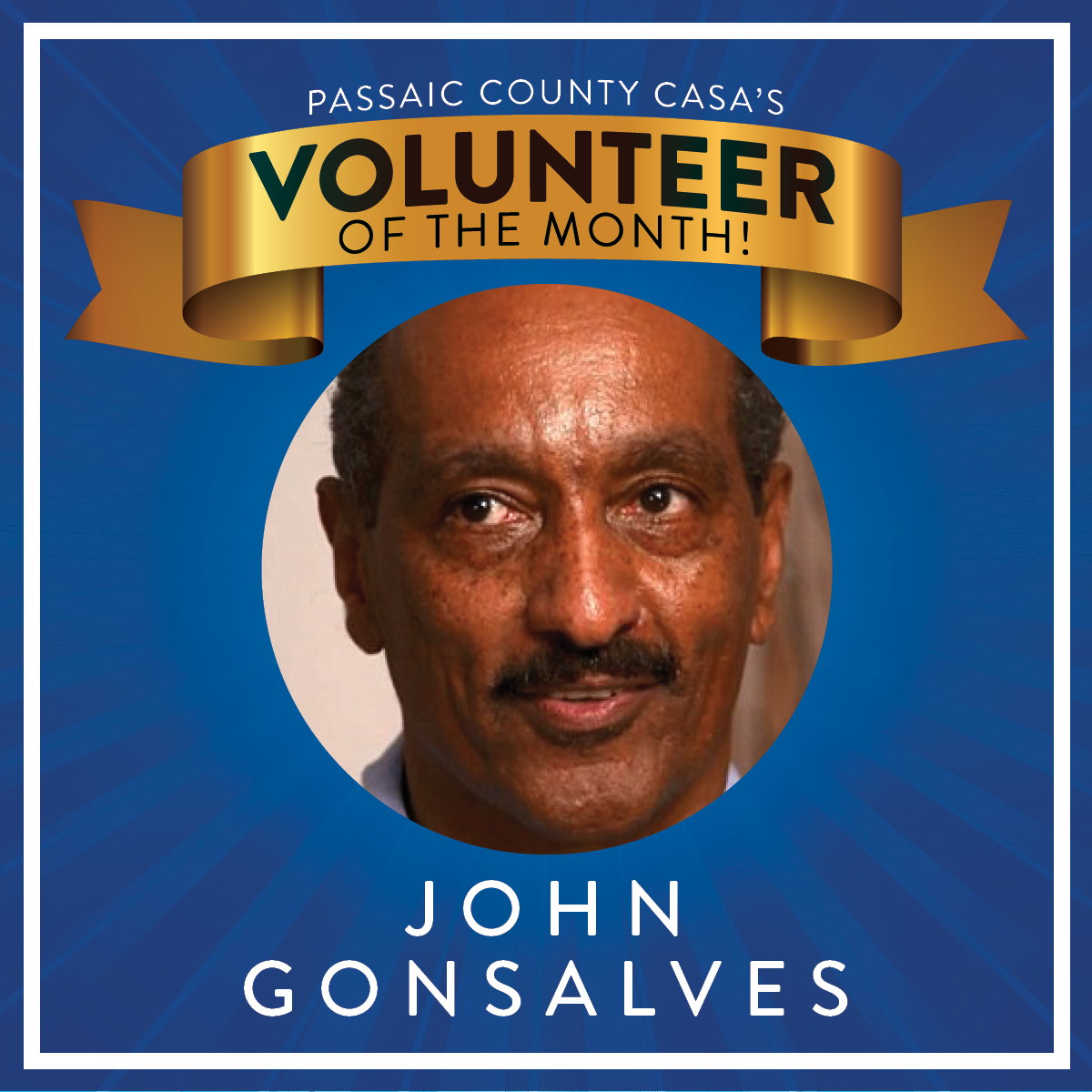Lisa has been a CASA for a year and half, and is our CASA Volunteer of the Month for August 2023! Congratulations Lisa! Lisa recently recounted a story from her first case:
When Lisa was first assigned to a case, she was not sure what to expect, and the thought of being a CASA on a real case was a little nerve-wracking. Lisa’s CASA child was a newborn, “Babies can’t speak,” says Lisa, “they can’t tell you anything, so I didn’t know what to expect.”
When Lisa met the resource parents, they were very nice, and made things easy for her. Lisa got to know them and got to know the child. Lisa helped them with getting the services they needed to address the child’s developmental concerns, and helped make sure that medical services were in place and that the various different medical providers, sometimes 5 or 6 different doctors, had coordinated with one another. With Lisa’s help, the child received the treatment needed, and is now doing well and is on a path to normal development.
The biggest surprise for Lisa was her interactions with the child’s biological mother. “I wasn’t sure what to expect, I thought she might not be very nice, or she might lie, but she was so polite, very nice, and so honest. She told me, ‘Yesterday I used crack cocaine’. She said to me, ‘I know I am using, I know I need to stop,’” says Lisa.
As the case progressed, reunification was possible, but then a relapse happened. Jill Rebeor, Lisa’s Advocacy Supervisor, says, “Recently, during a permanency hearing, Lisa was opposed to the permanency plan put forth by the Division, which others in the case had supported. Lisa did very well speaking as to why the Judge should consider a different permanency plan to advocate in the best interest of the child.”
“I felt guilty; it was hard,” says Lisa, “we shouldn’t be judging, but it’s also the job, and it’s about what’s in the best interest of the child. I felt that reunification wasn’t in the best interest of the child at that time. Afterward, the biological mother called me, and asked me why I had made that recommendation. She was very polite about it. I explained my reasoning, and she understood. She knew that she was not counted out but that I didn’t feel it was best at this time, and she understood.”
Lisa says that the one thing that pleasantly surprised her was how much support she receives, from the CASA program staff, and specifically from her Supervisor. “It really helps,” says Lisa, “it makes it not as scary as I thought it would be.”
Thank you, Lisa, for being a CASA volunteer!






